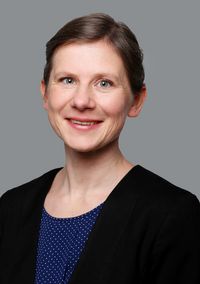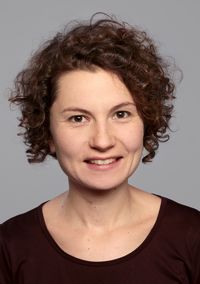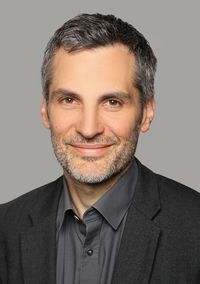Strategic Refugee and Migration Policy
Cross-border migration is on the rise worldwide. Every year sees new record levels of forced displacement, and with the Covid-19 pandemic subsiding, the number of international migrants is also on the rise again. Migration presents significant challenges for many host countries, and German and European refugee and migration policies have already changed significantly as a result of the 2015/16 arrivals and the current displacement from Ukraine. Unlike seven years earlier, EU member states have responded to the arrival of Ukrainian refugees in a united and welcoming manner.
However, this attitude does not apply to refugee policy as a whole, which is still highly reactive and characterized by fundamental disagreements between member states. At the same time, climate change has serious global implications for human (im-)mobility. Furthermore, labour shortages require new approaches to migration policy in Germany, in order to be able to compete with other industrialized immigration countries for labour migrants. Essentially, these structural and long-term challenges in Germany and in the EU require a forward-looking and more strategically oriented refugee and migration policy.
Strategic policy-making in this field requires taking into account both short- and long-term challenges posed by migratory movements, and identifying effective and development-oriented policy responses. The research project focuses on the challenges arising from three of the most important drivers of migration movements, and investigates ways of addressing them: (1) violence and state fragility, (2) climate change, and (3) diverging economic developments in different countries and regions. In addition to operational challenges in the three aforementioned areas, (4) issues related to the international governance architecture of forced displacement and migration are addressed. Publications from the research project can be found in our dossier on forced displacement and migration.
In addition to research and policy advice, the project (like its predecessor projects »Forced Displacement, Migration and Development« and »Forced Displacement and Development Cooperation «) organises professional exchange and cooperation between relevant German ministries and BMZ-funded research projects on forced displacement, migration and development. In this context, the project organizes regular networking workshops with the Bonn International Centre for Conflict Studies (BICC), the German Institute of Development and Sustainability (IDOS) and a number of other political foundations and Think Tanks. This is complemented by regular exchanges with European and international research, implementation and evaluation organisations. In addition, the project organizes thematic expert events.
Project duration: January 2023 – February 2026
Project funding: German Federal Ministry for Economic Cooperation and Development (BMZ)
Project Head
-

Areas of Expertise
Projects
Project team
-

Areas of Expertise
Projects
-

Areas of Expertise
Projects
-

Areas of Expertise
- Development cooperation
- Migration
- Migration policy
Projects
-

Areas of Expertise
- Development cooperation
- Migration
- Migration policy
Projects
-

Areas of Expertise
- EU, Europe
- Migration, development cooperation
Projects
-
